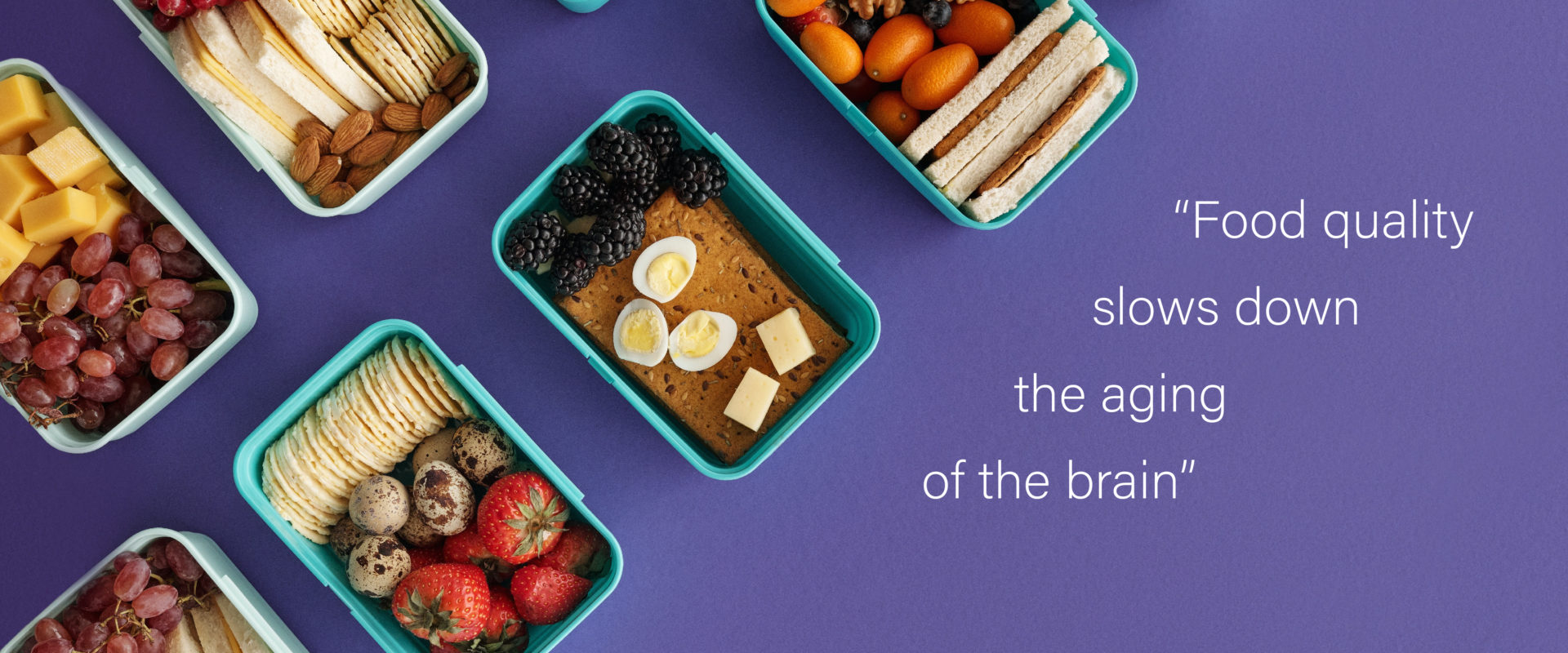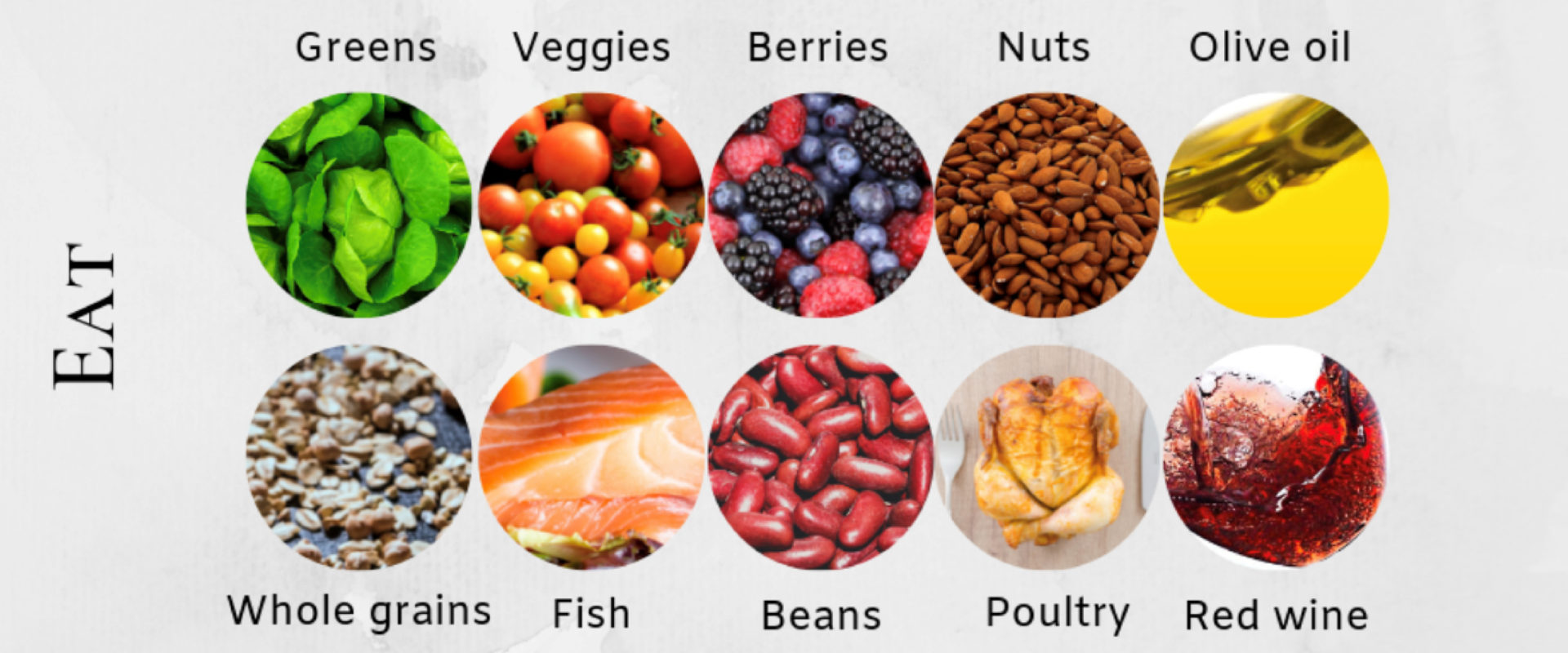
How to keep your cognitive abilities healthy
Friday, 09 July 2021
blogs
As you get older do you want to continue your abilities to remember, think, reason, communicate and solve problems? These are your “cognitive abilities" and are part of a healthy brain function.
Most people as they age start to have reduced cognitive function – they don’t remember as well, think, and reason slower and have problems communicating with others.
Engaging in healthy behaviors during our middle life years is an important factor in supporting a healthy brain later in life. Healthy behaviors include such lifestyle habits as diet/nutrition, exercise, proper sleep, and stress reduction.
Research from three recent studies concluded that spending moderate to high amounts of time watching television (on TV screens or computer screens) throughout midlife years was linked to greater cognitive decline! The gray matter in the brains of people who watched a lot of TV in midlife actually atrophied (shrank) getting smaller as they age! Gray matter is the darker tissue of the brain that is involved in seeing, hearing, decision making, and other important brain functions. The more gray matter you have in your brain, the better it functions.
The studies showed a direct correlation between the amount of TV watching and brain function – the more TV people watched, the faster their brains lost function as they got older. This loss of function led to an increase in dementia (loss of ability to perform everyday normal tasks).
It is important to understand that in the context of brain and cognitive health, not all inactive activities are equal. Non-brain stimulating activities such as television viewing are linked to a greater risk of developing brain function impairment, whereas sedentary brain-stimulating activities such as reading, computer, and board games, are associated with maintaining good brain function.
Therefore, one of the first things you can do to safeguard your brain function as you age is:
Reduce the amount of television that you watch

What else can you do to keep your brain young and healthy?
- Limit alcohol consumption
- Don’t smoke
- Maintain a proper weight
- Follow a healthy diet program
- Exercise regularly – 30 minutes per day
- Practice mindfulness and other stress-reducing activities
- Obtain 7 to 8 hours of good quality sleep per night
- Maintain an active social life with plenty of interaction with friends and family
- Exercise your brain through stimulating activities
- Maintain a healthy oral and gut microbiome

Today let’s discuss in a little more detail what is considered a “brain-healthy” diet.
In general, this healthy diet is plant-rich, high-fiber, high in leafy greens and other non-starchy vegetables (raw and cooked), high in unsaturated fats (such as olive oil and avocados) with a fasting period of 12 to 16 hours per night. The food should be organic when possible and avoids processed foods. Wild-caught low mercury fish (salmon, mackerel, anchovies, sardines, and herring) should be consumed regularly. Dairy and simple carbohydrate foods should be minimized.
The diet that research has shown to be the most effective in slowing down the aging of the brain is called the “MIND” diet. MIND is a hybrid of the Mediterranean Diet and the DASH diet. The MIND diet focuses on the intake of plant-based foods and limits the intake of animal products and foods high in saturated fat. The emphasis is on plants, and what’s noteworthy is that this diet specifically urges a higher consumption of berries (blueberries and blackberries) and green leafy vegetables. This diet lowers inflammation and oxidative stress – two main factors associated with lowered brain function.
One recent study showed that people who followed this diet had the brain function of a person 7.5 years younger! Another reported that people in their 80s who adopted this diet had brain functions as if they were 20 years younger!
Foods to Eat on the MIND Diet
- Green leafy vegetables (kale, spinach, collard greens, lettuce): a minimum of 6 servings a week
- Nuts (almonds, cashews, pistachios): a minimum of 5 servings a week
- Berries (strawberries, blueberries, raspberries, blackberries): a minimum of 2 servings a week
- Beans (black beans, pinto beans, kidney beans): a minimum of 3 servings a week
- Whole grains (quinoa, oatmeal, brown rice, whole-grain pasta, and bread): a minimum of 3 servings a day [1]
- Fish (salmon, tuna, trout): at least 3 servings per week
- Poultry (chicken, turkey): at least twice a week
- Olive oil as the primary oil used
- Red Wine: no more than 1/2 glass a day
- Coffee and green tea – one to three cups per day

Foods to Limit on the MIND Diet
- Red meat (steak, ground beef, pork, lamb): no more than 1 servings a week
- Butter and margarine: no more than 1 tablespoon daily
- Cheese (brie, mozzarella, or cheddar): no more than 1 serving a week
- Sweets (cakes, brownies, ice cream), added sugars
- Fried or fast food (French fries, chicken nuggets, onion rings, fried chicken, hamburgers): no more than 1 serving a week

What are you waiting for? Hide that TV remote and start your healthy diet Today – your brain will get younger and younger.
MIND Diet Breakfast Ideas
- Oatmeal with blueberries and almonds
- Whole-grain toast with almond butter
- Poached eggs with olive oil, spinach, and bell pepper
MIND Diet Lunch Ideas
- Salad with grilled chicken, chickpeas, blackberries, and olive oil
- Avocado, hummus, spinach, and sun-dried tomatoes on whole-grain bread
- Oil-packed sardines with whole-wheat crackers, carrots, and strawberries
MIND Diet Dinner Ideas
- Grilled salmon, brown rice, and roasted vegetables
- Stir-fry with tofu, brown rice, with broccoli and cauliflower
- Whole-wheat pasta with marinara sauce, chicken, and a salad dressed in olive oil
MIND Diet Snack Ideas
- Almond or peanut butter on whole-wheat crackers
- Smoothie made with almond or soy milk, berries, banana, and kale
- Hummus with carrots and celery
©COPYRIGHT 2020 TRI VANANDA ALL RIGHT RESERVED



